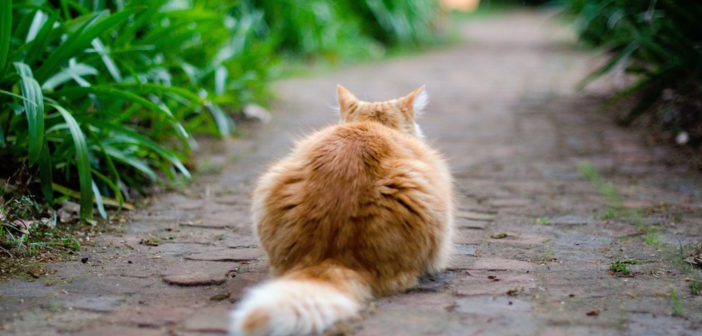Pets, like humans, are also exposed to toxins that are found both indoors and outdoors. The susceptibility of pets to poisoning rises in smaller animals because of their proximity to the ground, floors, carpets and grass where toxic residues and chemicals remain.
The top 10 toxins for pets in 2015 according to the ASPCA include household items, rodenticides, insecticides and lawn & garden products. Over the counter and prescription medications top the list with more than 28,500 cases reported for OTC poisoning.
Household Items
Ranked 5th on the list of toxins, are household items including items that are used nearly every day such as bleach, carpet fresheners, shampoo, oils and toilet cleaning products with around 14,000 reported cases in 2015 (ASPCA). Bleach releases fumes that irritate the mucous membranes and the esophagus. It can also result in burns, while hydrogen peroxide can affect the stomach lining. Pets are at risk of getting cancer, anemia or kidney damage with poisonous residues from chlorine and ammonia present in cleaning products. Even laundry detergents leave traces of toxins on clothing and pet blankets.
Ethylene glycol found in motor oils, windshield wipers and antifreeze is a highly poisonous substance responsible for an estimated 10,000 pet (cats and dogs) deaths each year (Humane Society of the US). It causes permanent kidney damage and ultimately, death. Other toxins that are dangerous to pets include paint and fire logs.
Insecticides, Rodenticides and Lawn Products
About 9% of calls or 15,000 cases received by the APCC are due to insecticide poisoning. Rodenticides are also lethal for pets in the same way that they are meant to kill mice and rats, with 8,000 cases reported in 2014. In the same manner, products that you use for the garden such as herbicides and fungicides account for 3% of suspected pet poisoning.
Household Garbage
Rummaging in the garbage is an activity favored by pets who are attracted to the smell of food thrown in the waste bin. Unfortunately, the trash can is also a minefield of hazardous substances. If you have not been segregating waste dutifully such as separating batteries or throwing broken glass in a special container, the chances are high that your pet could end up swallowing a shard that can cut through their intestine or hurt their throat. Moreover, pets may be in contact with the acid from batteries or eat discarded medications that can make them sick or cause death.
Promoting Best Practices to Keep Pets Safe
Many of the incidents relating to unintentional animal poisonings can be prevented by pet owners. In the same way that you would child-proof your home, pet proofing must also be conducted at home. Keep alcoholic beverages away from animals all the time. Lock or store poisonous chemicals and cleaners out of reach. You can also keep garbage bin lids secured with a lock or tie them with a rope. Segregate waste according to its type and make sure to bring all used batteries, motor or cooking oil to the recycling center for proper disposal. Go green when it comes to household cleaners. Make your own cleaning solutions which are not only kind to the environment, but also to your pets and your pockets. Every preventative action you take goes a long way in keeping your pets safe from poisoning and deadly diseases.
Learn more at: http://www.penn-jersey.com/household-toxins-dog-sick
(Featured image credit Marnhe du Plooy, Unsplash)





